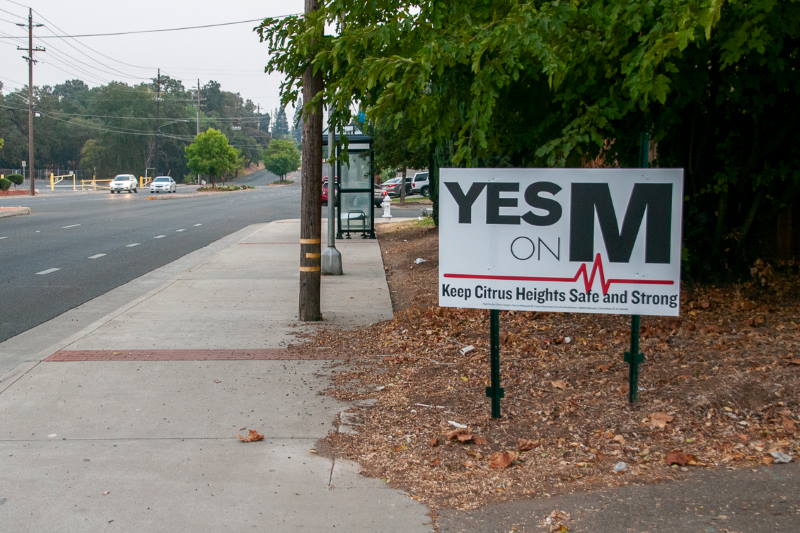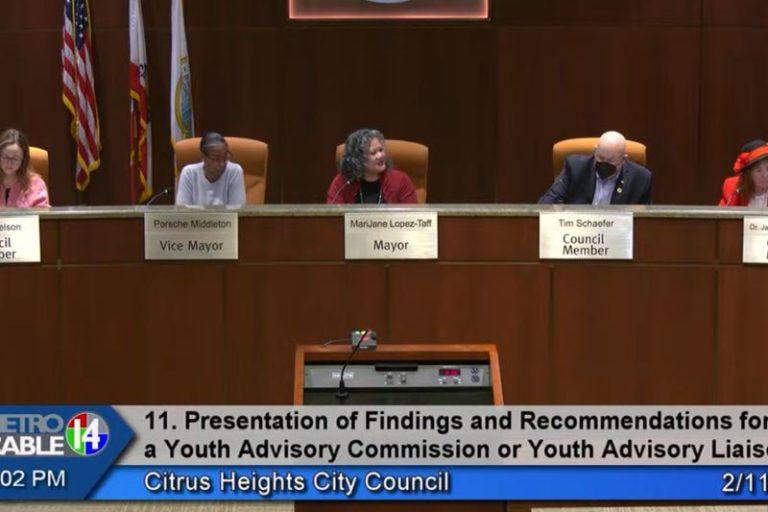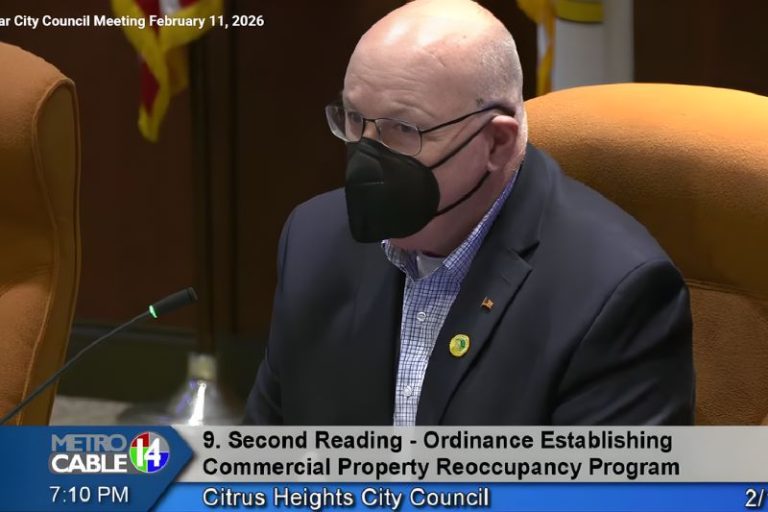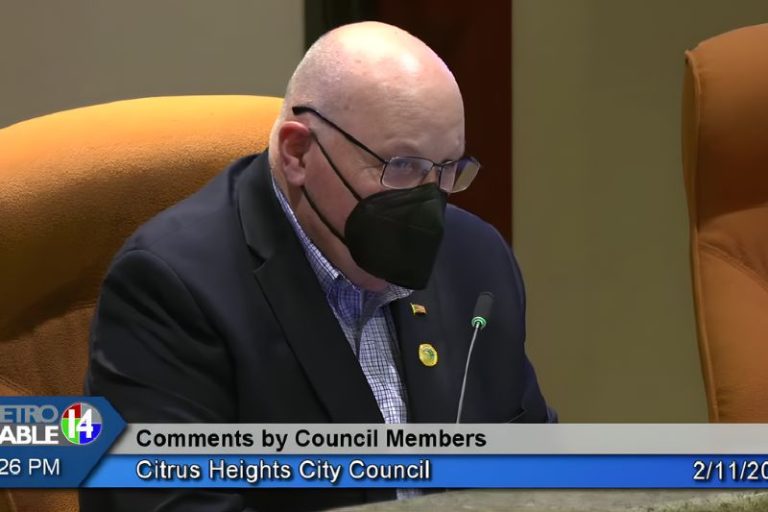
Sentinel staff report–
Voters in Citrus Heights have likely seen advertising on both sides of Measure M by now, with some confused about whether the sales tax increase is just a penny added to most purchases, or whether it is a 1 percent tax.
While “1 cent” is what shows up in the official ballot wording of the tax measure, the city attorney’s impartial analysis uses both terms to describe the tax as “1 cent” and also “1%.” The analysis also clarifies that “At the one cent rate, the tax on a $100.00 taxable purchase would be $1.00.”
If passed by voters in November, Measure M will increase the sales tax rate from 7.75% up to 8.75% in Citrus Heights. The tax is projected to add $12 million to the city’s General Fund budget, which had expenditures of around $32 million last year and is projected to have shortfalls over the next decade.
From June: 10-year budget forecast for Citrus Heights looks grim
Asked to provide independent analysis on the “cent vs. percent” question, former CSUS business professor Terence Pitre, who earned his Ph.D. in accounting, told The Sentinel the terms are only interchangeable when looking at $1, where 1 percent equals a penny, and one cent also equals a penny.
Pitre, who now serves as department chair at Bowling Green State University’s college of business, noted that when looking at an amount of $2, “then 1 percent is equal to 2 cents, not 1 cent.”
Measure M campaigns condemn sign vandalism as ‘outrageous’ and ‘immature’
The business professor called it “misleading” to refer to the tax in terms of a cent or penny because “it could be interpreted as a flat tax of 1 cent regardless of sales dollar amount, when in fact it’s a ‘1 cent per sales dollar tax.'”
“Voters need to understand that the 1 cent tax is $ 0.01 per every dollar spent,” he wrote in an email Wednesday. “Voters need to be aware that these proposals will often be presented in such a way to sway them in support of approval or in some cases straight-up mislead them.”
From Sept: Citrus Heights Chamber votes to endorse Measure M, oppose rent control
Yes on M advocates point out that the tax would only be applied to taxable sales. Groceries, prescription drugs and services are among those exempt from current sales taxes, and would also be exempt from Measure M.
On Wednesday evening, The Sentinel offered representatives from both campaigns in support and opposition to Measure M to respond to Pitre’s comments, for inclusion if received by a 10:30 a.m. publishing deadline on Thursday.
A response from the “Yes” campaign was not received, while No on Measure M spokesman Bruce Lee said he agreed with the professor’s analysis and accused the city and supporters of Measure M of having “constantly worked to downplay and minimize the impact of Measure M by calling (it) a one cent tax.”
Those interested in reading the city attorney’s one-page analysis of Measure M can find it online by clicking here.
The Sentinel’s Q&A series seek to provide answers to questions submitted by our readers about local topics. Click here to submit a question for consideration in a future Q&A article, or see more articles below:










